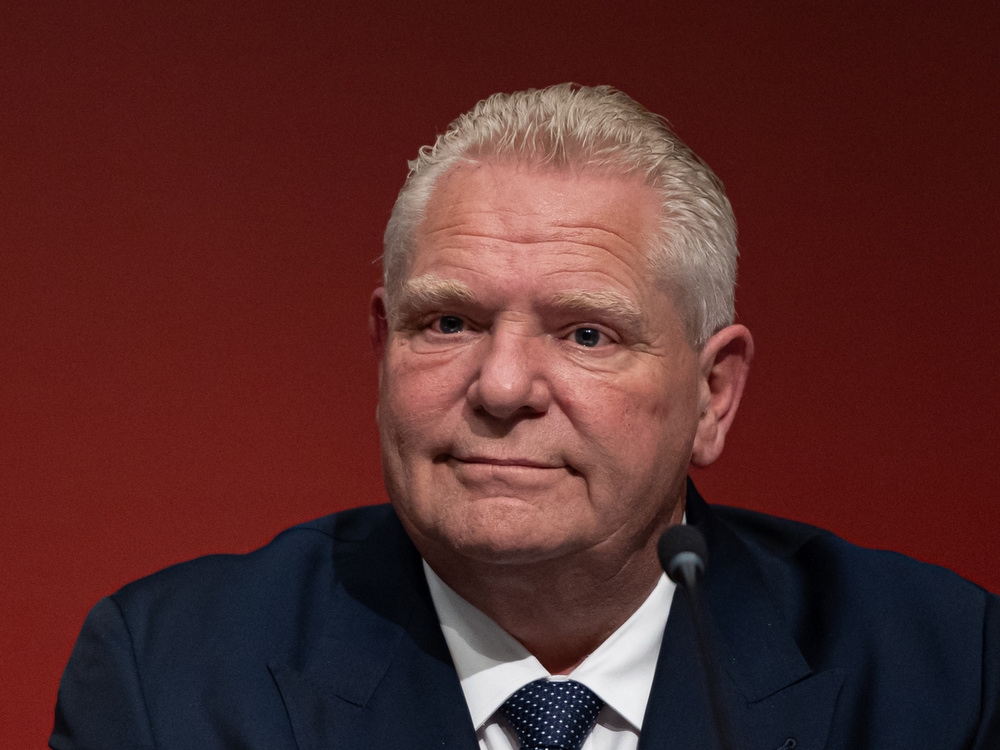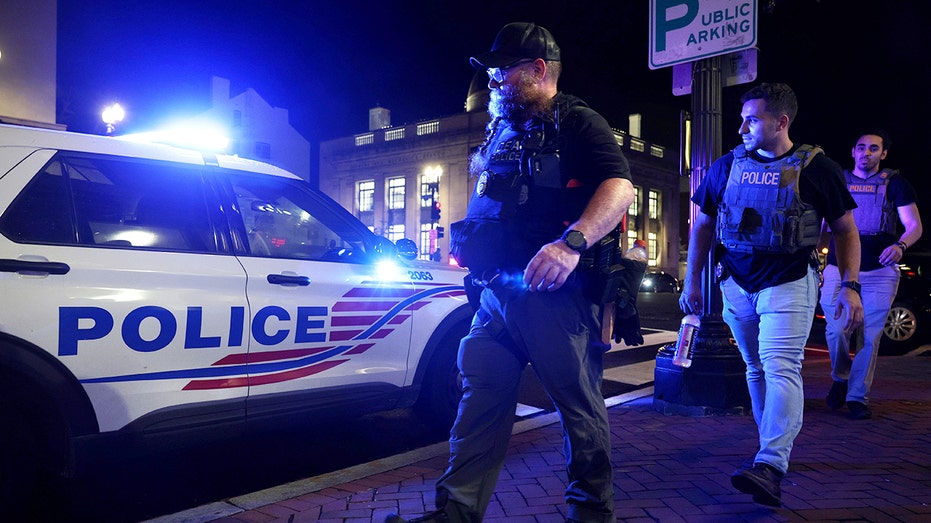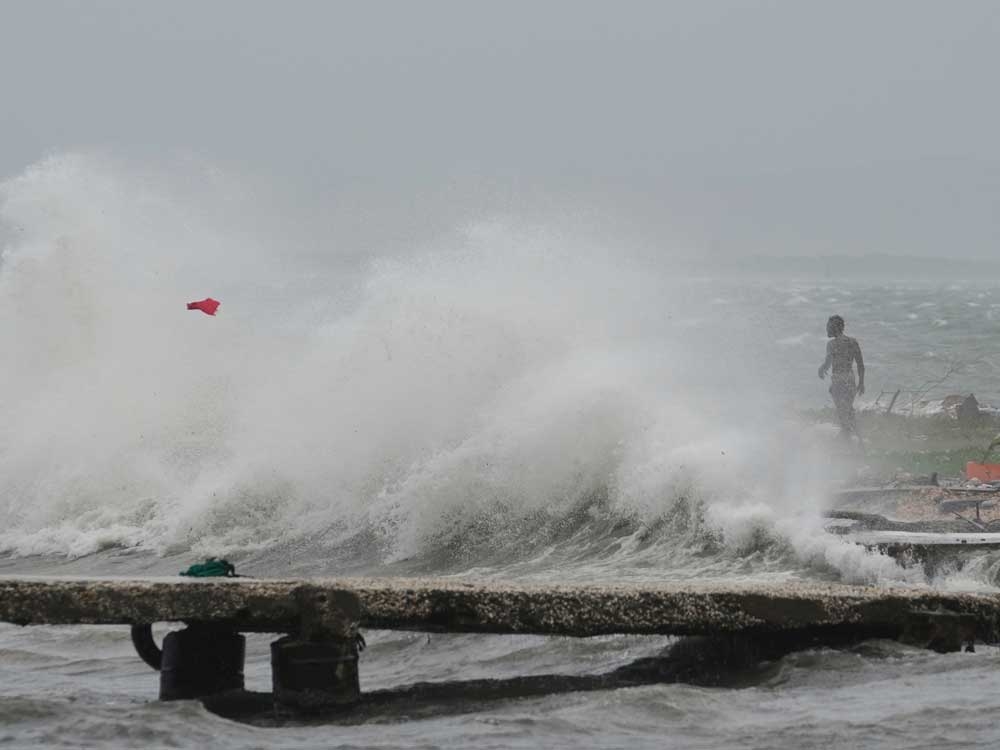
Doug Ford’s decision to do away with fixed election dates every four years isn’t a shocking move, it’s restoring Canadian tradition. It’s his other moves surrounding elections, such as doing away with third-party spending limits prior to elections and keeping per-vote subsidies for political parties that are shocking.
The constitution of Canada has long been clear, legislative sessions for the House of Commons or provincial legislatures are up to five years in length. It’s even spelled out in the Charter of Rights and Freedoms in Sec. 4, under Democratic Rights.
“No House of Commons and no legislative assembly shall continue for longer than five years from the date fixed for the return of the writs of a general election of its members,” the Charter states.
Of the 44 Parliaments that Ontario has convened since 1867, seven of them have lasted longer than four years, two them lasted more that five – both during wartime. The average length of a Parliament in Ontario since 1867 has been about 3 1/2 years.
The idea of scheduled elections falling at the same time every four years was an American idea imported into Ontario politics in 2005 by then-Liberal premier Dalton McGuinty. When Stephen Harper and the Conservatives formed government the next year federally, they introduced a similar bill in Ottawa.
Given the nature of our Westminster system of Parliamentary democracy, both pieces of legislation had to contain an out clause that allowed the Crown to call an election at any time. Despite this legislation being in effect for 20 years, it’s been ignored at both levels of government with no penalty for the party in power doing the ignoring.
‘FAKE LAW’
Ford was right to call it a “fake law” when questioned by reporters; it’s a political gimmick and nothing else.
So going back to our constitutional norm is clearly the right thing to do; an election must be held within five years of the formation of the Parliament.
Extending the per-vote subsidy, something Ford campaigned on getting rid of is nothing but pure politics. It’s the third time that Ford has extended the taxpayer subsidy to political parties that he once promised to get rid of before he was elected premier.
“I do not believe the government should be taking money from hard-working taxpayers and giving it to political parties,” Ford said in 2018.
He extended the subsidy in the winter of 2021 citing the impact of the COVID-19 pandemic, then he extended it again in late 2024 as a way to keep the NDP financially viable. That’s the same reasoning he’s using now whether he says it out loud or not.
Recommended video
By keeping the NDP flush with voter cash, even injecting money into the Greens, Ford and his PC Party keep the progressive side of the political scene divided which weakens the Liberals.
Your money, his benefit.
Each party gets an annual allotment of $2.54 per vote based on the results of the previous election. That will see Ford’s Progressive Conservatives will get roughly $5.5 million this year, the Liberals will pocket $3.8 million, the NDP gets $2.4 million, and the Greens just over $600,000.
Per vote subsidies horrible idea
Per-vote subsidies are a horrible idea, but progressive parties love them compared to fundraising, so don’t expect complaints.
Also changing under this system: the maximum allowable donation will increase to $5,000 next year from the current limit of $3,400. This may raise some eyebrows, but if an individual can buy favours from a politician for a mere $5,000, then we have bigger problems.
In response to a Supreme Court decision earlier this year, the government will scrap third-party spending limits and restriction in the pre-writ period leading up to an election. The court had ruled that the restrictions violated the Charter, so the restrictions were effectively null and void anyway.
Limits on third-party spending during the election campaign will remain in place, just as they will for political parties. Third-party spending by groups like the Working Families Coalition helped keep the Liberals in power and the PC Party frustrated for more than a decade in Ontario which is why Ford and his team initially sought to impose restrictions.
With many of the unions that funded that coalition now backing Ford, it’s less of an issue for him.





